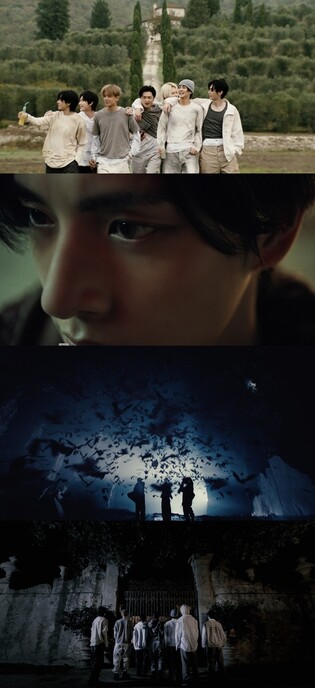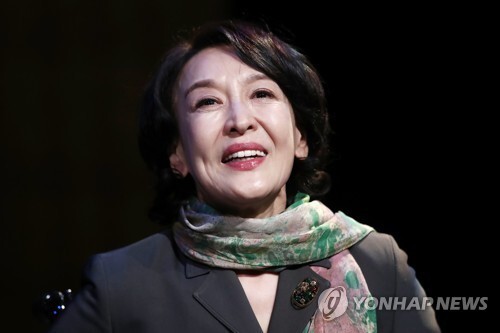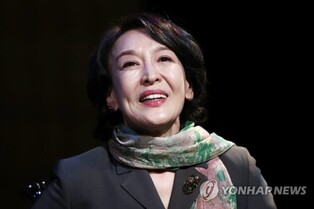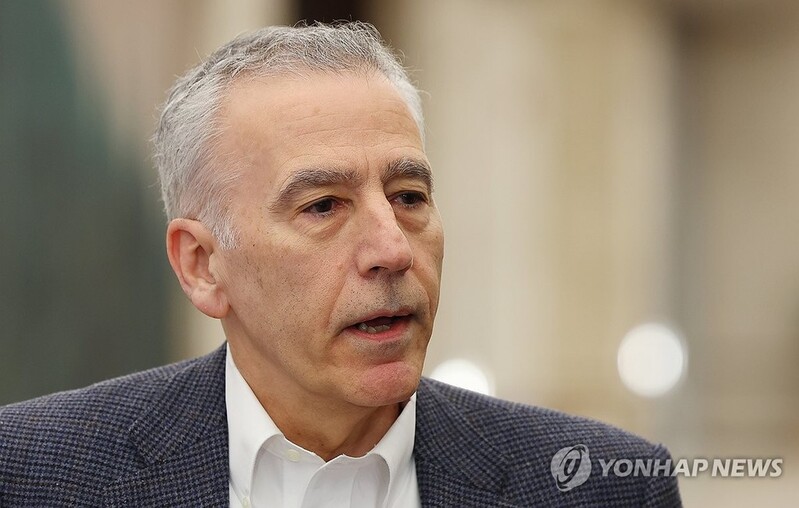 |
| ▲ This file photo, taken Jan. 7, 2025, shows former U.S. Ambassador to South Korea Philip Goldberg speaking to the press before departing for the United States at Incheon International Airport, west of Seoul. (Yonhap) |
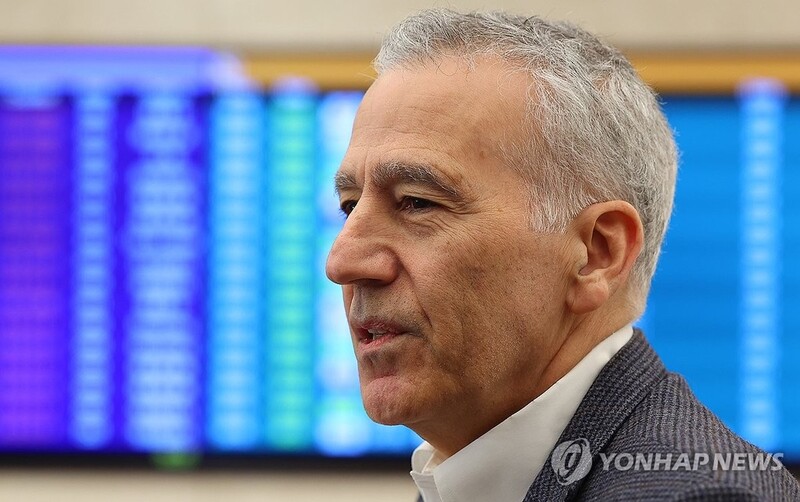 |
| ▲ This file photo, taken Jan. 7, 2025, shows former U.S. Ambassador to South Korea Philip Goldberg speaking to the press before departing for the United States at Incheon International Airport, west of Seoul. (Yonhap) |
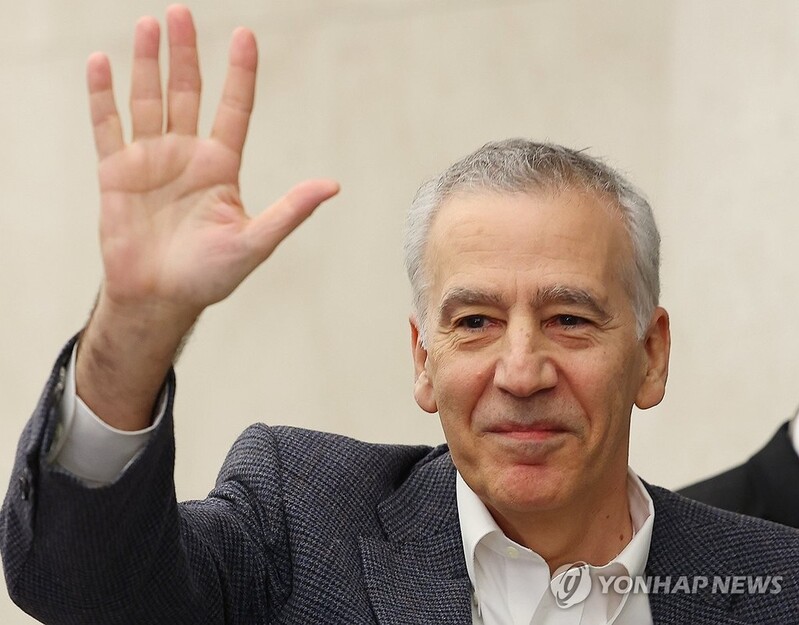 |
| ▲ This file photo, taken Jan. 7, 2025, shows former U.S. Ambassador to South Korea Philip Goldberg waving after speaking to the press before departing for the United States at Incheon International Airport, west of Seoul. (Yonhap) |
(Yonhap Interview) ex-US envoy-alliance
(Yonhap Interview) Ex-U.S. envoy stresses S. Korea-U.S. coordination on N.K., calls Yoon's martial law bid 'huge error'
By Song Sang-ho and Cho Joon-hyung
WASHINGTON, Feb. 1 (Yonhap) -- A former U.S. envoy to South Korea has underscored the need for policy coordination between Seoul and Washington over potential nuclear diplomacy with Pyongyang, as U.S. President Donald Trump has voiced his wish to reengage with North Korean leader Kim Jong-un.
Speaking in a virtual interview with Yonhap News Agency on Friday, Philip Goldberg, who concluded his ambassadorship in Seoul last month, also brushed aside concerns over the allies' policy engagement at a time of political uncertainty in South Korea, saying it is "sufficient," albeit "not ideal."
The retired diplomat defended America's "long-standing" policy to pursue the denuclearization of the Korean Peninsula as an "important" goal that has served to keep Seoul and Washington "united" and brought other countries on board, when asked about Trump's recent cryptic reference to North Korea as a "nuclear power."
Recalling now-impeached President Yoon Suk Yeol's botched martial law bid in early December, he portrayed it as a "huge error" and an "undemocratic act," while expressing confidence that the Asian ally has been following its constitutional and legal processes in the wake of the fiasco.
"It should be done, in my view, in conversation, in coordination with the government in the ROK," Goldberg said, addressing a question about how the U.S.' denuclearization talks with the North should proceed should they resume. ROK is short for South Korea's official name, the Republic of Korea.
Uncertainty hangs over how Trump would seek to tackle the North's nuclear quandary in his second term as his policy does not appear to be "set in stone" yet, he noted, pointing to the need for people to "wait" rather than "jumping to the conclusions."
But he underlined the complex nature of negotiations over the North's denuclearization, which he said would not transpire "all at once."
"I am just analytically saying that it's not going to be a trade right up front of sanctions relief for the complete denuclearization. I think that first and foremost, we have to enter into some sort of discussion before that would even happen," he said.
"I don't even know whether Kim Jong-un is even interested in such a discussion. So, it's more complicated than just something that is going to happen instantaneously."
During a Fox News interview last month, Trump said he will reach out to Kim again, raising the prospects for the resumption of his personal diplomacy with the wayward ruler, while what the president could achieve from their reengagement remains to be seen.
Trump's "nuclear power" label for the North has fueled speculation that he could angle for tension-reduction and arms control efforts rather than keeping a steady focus on the goal of the North's denuclearization. Apparently mindful of this, the White House has said Trump will pursue the "complete denuclearization of North Korea."
"I would say it has been long-standing American policy to seek the denuclearization of the Korean Peninsula and North Korea, in particular, since they are the ones developing this illegal and dangerous program," he said. "So I think (the White House statement) is a restatement of long-standing American policy."
As the media have been parsing every single word uttered by Trump, Goldberg highlighted the need to exert caution in making policy projections, given that the new White House occupant's policy has yet to be fleshed out in concrete terms.
"You can't jump to conclusions by one statement or another statement," he said.
He added: "They are statements. They are not a policy."
Goldberg went on to note that it remains unclear how Pyongyang would react to Trump's possible outreach, especially considering its newfound partnership with Moscow, which observers said might have reduced the recalcitrant regime's appetite for dialogue with Washington.
"I think that for anyone looking at it, you need to be prepared for any eventuality, any scenario in diplomacy with the North, with our military and security relationship, with our economic relationship," he said, emphasizing the "fundamental aspects" of the Seoul-Washington alliance remain "very strong."
As a longtime observer and expert on North Korean issues himself, the veteran diplomat said that a "certain amount of humility" is needed to come to grips with what goes on in North Korea, particularly in the mind of the country's leader.
"Those who have wanted to engage (with the North) over time have not been successful. Those who have taken the hardest line haven't been necessarily successful either in getting us to where we want to be," he said.
"The question at the moment is whether North Korea is either serious or willing to take any steps towards reversing this situation. And I haven't seen it, quite frankly."
Squelching doubts over the efficacy of anti-Pyongyang sanctions, he said that while sanctions do not necessarily create all of the conditions to accomplish the North's denuclearization, they have, in many instances, slowed the progress of the North's nuclear and missile programs.
"It's clear that Kim Jong-un wants those to go away, and that's proof in itself that they are effective," he said. "If not, why would you even care?"
Goldberg's final weeks in Seoul as the top U.S. envoy were challenging ones as South Korea was thrust into political turmoil following Yoon's abrupt nighttime martial law declaration on Dec. 3 and his subsequent impeachment on Dec. 14. He called that night "chaotic."
"I think all of us, and I in particular, felt that it was a huge error, and that it was something that was inexplicable in a democratic country. The explanation that was given didn't rise to anything that made sense," he said.
"So in addition to the shock of it happening, I think that it was clearly an undemocratic act, and I made that clear at the time."
The political turmoil in Seoul has raised concerns over the possibility of South Korea being sidelined or bypassed from Trump's potential outreach to Pyongyang. But Goldberg dismissed those concerns, saying the allies' policy coordination will continue.
"I think the lines of communication remain open," he said. "Is it an ideal situation, given the political turmoil? No, it's not ideal, but I think it's sufficient."
Commenting on the lingering speculation that the Trump administration could consider utilizing the 28,500-strong U.S. Forces Korea (USFK) to help contain China, Goldberg said that any potential adjustment to the USFK's role beyond its current mission should be a negotiated decision between the allies.
"(USFK forces) are there to help protect and defend the people of South Korea. That is their mission," he said. "Anything else has to be negotiated, and has to be agreed between the U.S. and Korea."
During an interview with Yonhap News last year, Elbridge Colby, Trump's pick for the under secretary of defense for policy, called for a USFK overhaul to make it "more relevant" to handling China-related contingencies rather than being held "hostage" to addressing North Korean threats.
Touching on the trilateral partnership between Seoul, Washington and Tokyo for security in the broader Indo-Pacific region, Goldberg said the three countries as democratic allies have "responsibilities that go beyond the Korean Peninsula."
Looking back on the 2 1/2 years of ambassadorship in Seoul, he singled out a series of events, marking the 70th anniversary of the bilateral alliance in 2023 as the "most memorable."
"I traveled from Jeju all the way up to the DMZ," he said, referring to South Korea's southern resort island and the Demilitarized Zone separating the two Koreas."
"So I saw all of South Korea, and it was a tremendous experience to see such a dynamic country. I bring so many memories with me."
(END)
(C) Yonhap News Agency. All Rights Reserved























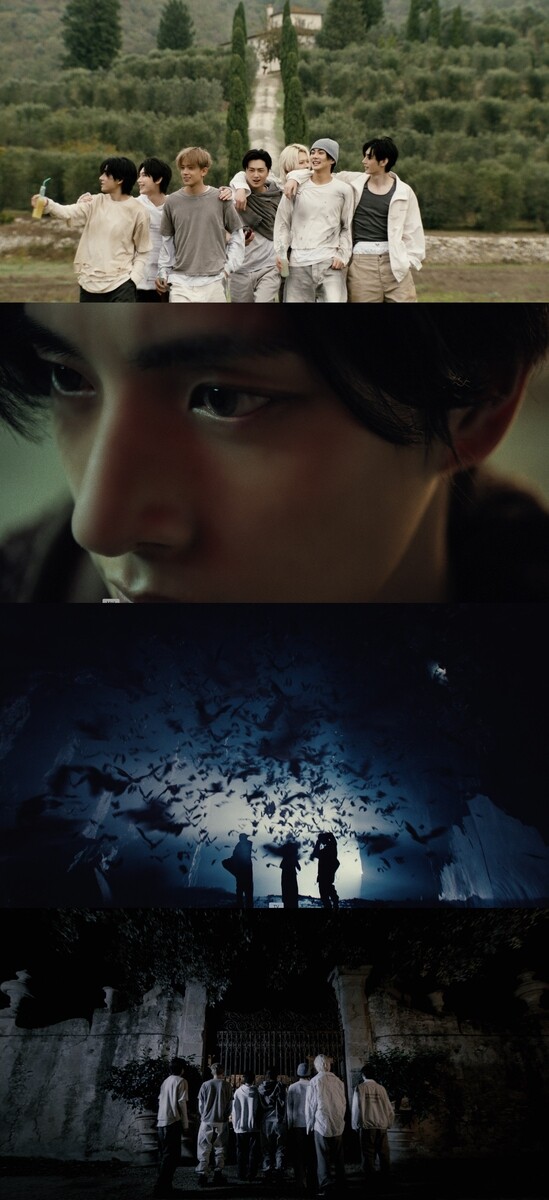
![[가요소식] TXT](/news/data/20251220/yna1065624915960696_833_h2.jpg)

